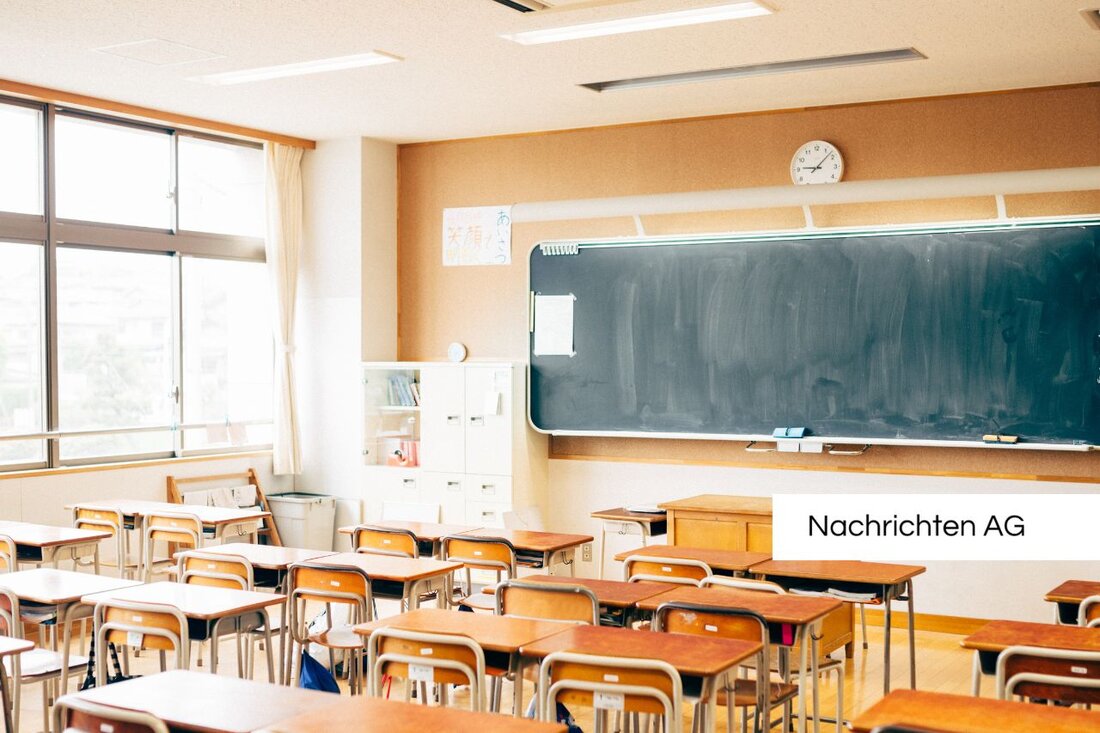Obama warns: Trump attacks freedom of expression - what does that mean for us?
Obama criticizes Trump for restrictions on freedom of expression. The article illuminates current developments and the debate about "Cancel Culture".

Obama warns: Trump attacks freedom of expression - what does that mean for us?
In a current speech, Barack Obama asked the media companies in the United States to defend himself against the “state coercion” that threatens freedom of expression. According to [Kleinezeitung.at] Obama emphasized that this freedom was guaranteed by the first constitutional addition. His statements were reinforced by the case of the former "Washington Post" commentator Karen Attiah, which was released according to critical statements about gun violence and inactivity of the "White America". Obama published a report by the “New York Times” in which Attiah's dismissal is discussed and established the connection between the reaction to her behavior and the tightening climate against media criticism under the Trump government.
The Trump administration has increasingly acted against critics in the recent past. For example, Trump sued the “New York Times” to $ 15 billion (approx. $ 12.7 billion) due to alleged defamation. He also praised ABC's decision to break down Jimmy Kimmel's late night show, which commented too critically towards the environment of the former president. Ironically, Obama accuses the Trump government of resorting to the so-called "Cancel culture", which she had previously criticized. This culture describes a form of social ostracism that is increasingly used by the government against unpleasant votes.
The cancellation of the course at Columbia University
Another example of the influence of pressure on freedom of expression is the cancellation of the "Race, Media & International Affairs" course at Columbia University. Attiah, who also worked as a lecturer at the university, now offers the course online free of charge and criticizes the university administration for her deficiency. This cancellation is regarded in response to pressure that President Trump has exercised in relation to Pro-Palestinian protests, according to [newsone.com]. Attiah demands an independent discussion and emphasizes that media literacy should not depend on institutional restrictions.
These developments illustrate a worrying trend in which black educators offer independent courses in order to promote historical reflections beyond approved narratives. In addition to Attiah, Dr. Marvin Dunn launched a similar initiative in which he teaches Black History without permission. This trend shows how community-based educational approaches growing resistance to an academic atmosphere perceived as authoritarian.
Freedom of expression and social tensions
A profound problem, however, remains the debate about freedom of expression, which is shaped by the so -called "Cancel Culture". [bpb.de] reports on the negative effects of this culture on the discourse. While some politicians, such as Friedrich Merz, identify the Cancel Culture as a danger to freedom of expression, critics argue that this is only "moral panic". Surveys show that a significant part of the population in western countries, including 57 % of the British and 55 % of the Americans, are silent for fear of criticism.
In Germany, only 45 % of those surveyed believe that they can freely express their opinions. These studies illustrate a growing feeling of uncertainty that even affects the politically and most socially committed citizens in their external statement. An example of this is the dismissal of James Bennet, according to the "New York Times" opinion, and the removal of Eugen Gomringer's poem at a university in Berlin.
These dynamics throw a light on complex questions about the relationship between opinion and power as well as the role of institutions when maintaining or restricting freedom of discourse. Political polarization in the United States in particular has far -reaching consequences, which could also affect Europe in the future. The discussion about how freedom of expression should be understood and practiced remains current and extremely relevant.

 Suche
Suche
